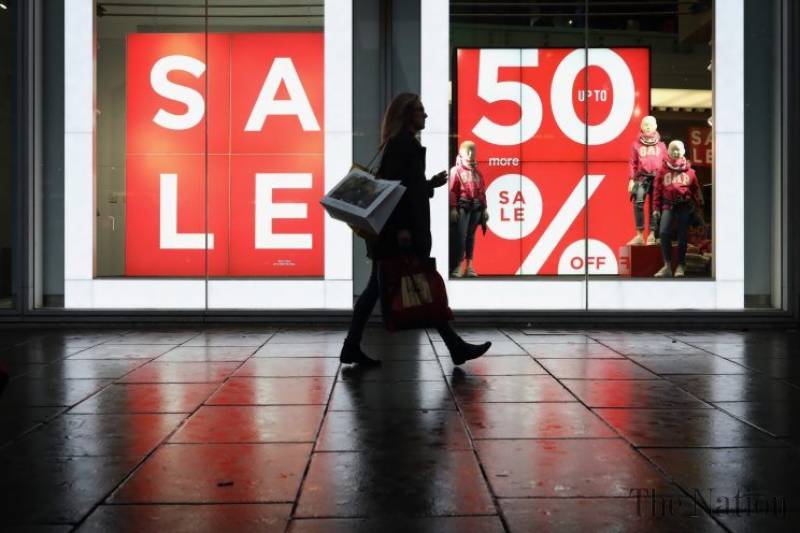-
Tips for becoming a good boxer - November 6, 2020
-
7 expert tips for making your hens night a memorable one - November 6, 2020
-
5 reasons to host your Christmas party on a cruise boat - November 6, 2020
-
What to do when you’re charged with a crime - November 6, 2020
-
Should you get one or multiple dogs? Here’s all you need to know - November 3, 2020
-
A Guide: How to Build Your Very Own Magic Mirror - February 14, 2019
-
Our Top Inspirational Baseball Stars - November 24, 2018
-
Five Tech Tools That Will Help You Turn Your Blog into a Business - November 24, 2018
-
How to Indulge on Vacation without Expanding Your Waist - November 9, 2018
-
5 Strategies for Businesses to Appeal to Today’s Increasingly Mobile-Crazed Customers - November 9, 2018
United Kingdom inflation rises to 2.3pct in February
Households are facing the first real squeeze on incomes in nearly three years after official figures showed prices rising faster than wages.
Advertisement
“Inflation has been rising across a range of countries recently – including the United States and members of the Eurozone – as higher energy and food prices feed through to consumers”.
“Rising prices have nudged inflation well above the Bank of England’s target of 2%, and it’s expected to rise further in the coming months, but wage growth has not kept pace so many households are feeling the pinch”, said Nick Harrison, a top executive at the British bank First Direct.
The pound rose to highs of $1.2426 against the U.S. dollar, after dipping yesterday below $1.235. The weaker pound makes imports to the United Kingdom, including oil, more expensive. It includes products and services, and when it rises, one unit of currency (eg. a pound) buys less of said products and services than it did before.
The outturn beat consensus expectations at 2.1 percent and was the highest since September 2013, largely driven by food and fuel prices.
Accelerating inflation could spell trouble for the United Kingdom economy, which defied gloomy predictions of an immediate Brexit hit a year ago, growing at a healthy 1.8% in 2016 as a whole.
The surge in prices in February was led by fuel and food, with the latter showing the end of a three-year period of deflation.
Transport prices are the biggest single contribution to the rise and that’s down to an increase in the price of oil feeding through to price jumps at the pumps.
The ONS said the price of iceberg lettuce jumped 67.2% between January and February after falling 0.8% a year earlier.
The real cost of living crisis in Britain, as for most of the past 20 years, has been in house prices.
After Tuesday’s inflation data, analysts now expect the hawkish cries to intensify. Some see inflation rising to 3% by the summer. As such I expect the Bank to look through these higher numbers and keep bank rate at 0.25% for the remainder of this year. If it comes in under expectations then we’ll see some GBP losses again but similarly a stronger reading will sustain recent gains given the BOE’s inflation-dependent blinkered stance right now. “We suspect that concerns about surging inflation will be gradually outweighed by the slower growth backdrop”, ING Bank economist James Smith said.
Advertisement
“Ultimately, it still seems unlikely that the Bank of England will raise rates given the high degree of uncertainty over Brexit, but today’s data certainly highlighted two-sided risks for the outlook from here”.





























